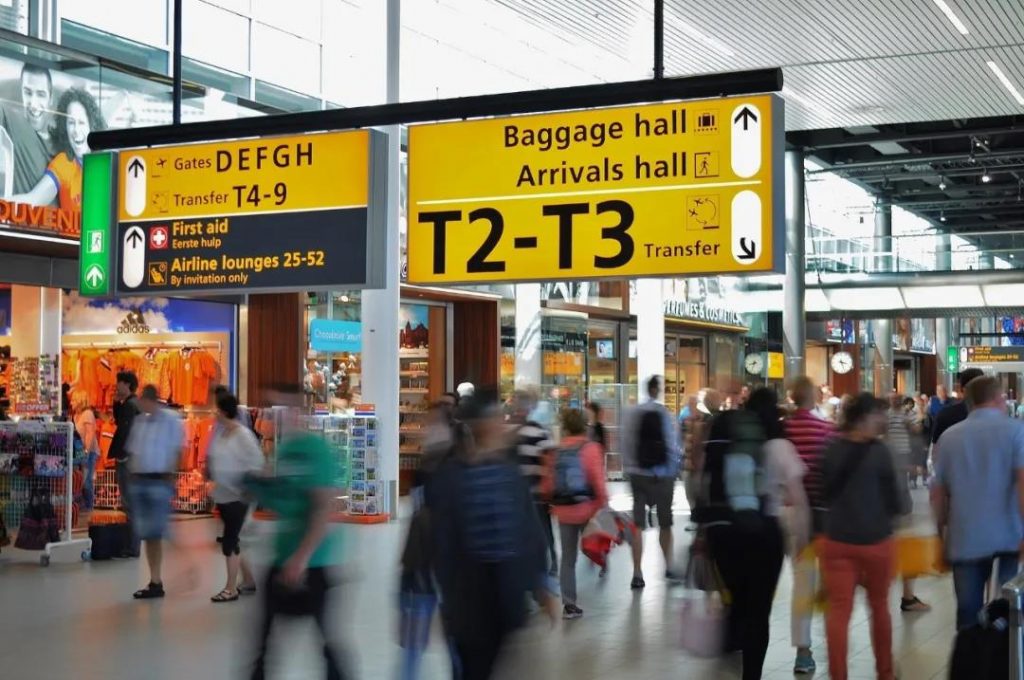
Tax-Exempt Fringe Benefits for Expats to Expire Next Year
 However, due to the implementation of the Amended PRC Individual Income Tax (IIT) Law and relevant regulations from January 2019, certain non-taxable BIK will be replaced by additional itemized deductions for some expatriates, while other non-taxable BIK might cease to be exempt from IIT from next year.The policy change has sparked concerns among foreign individuals as well as their employers, who may face an increase of tax burdens or labor costs. This article explains the implications of the changed policy and provides suggestions from tax, HR, and legal perspectives.
However, due to the implementation of the Amended PRC Individual Income Tax (IIT) Law and relevant regulations from January 2019, certain non-taxable BIK will be replaced by additional itemized deductions for some expatriates, while other non-taxable BIK might cease to be exempt from IIT from next year.The policy change has sparked concerns among foreign individuals as well as their employers, who may face an increase of tax burdens or labor costs. This article explains the implications of the changed policy and provides suggestions from tax, HR, and legal perspectives.What are the tax-exempt benefits-in-kind?
Non-China domiciled individuals working in China can currently enjoy tax-exempt benefits-in-kind, including the below eight categories:
1.Housing expense
2.Education expense for children
3.Language training expense
4.Meal fee
5.Laundry fee
6.Relocation expense
7.Business travel expense
8.Home leave expense

Such benefits-in-kind could be exempt from PRC IIT provided that the expenses are reasonable in amount and there are corresponding supporting documents, such as invoices (fapiao), for each expense. In addition, there are some specific requirements for each category. For example, for home leave expenses, only the travel expenses for the expatriate themself from China to their/spouse’s home country for up to two trips per year could be exempt from IIT.
Three-year transition period for non-China domiciled tax residents
2.The six additional itemized deductions.
2.Continuing education expenses
3.Housing mortgage interest
4.Housing rent
5.Healthcare costs for serious illness
6.Expenses for taking care of the elderly

The two policies cannot be simultaneously enjoyed by non-China domiciled tax residents during the transition period. And once decided, non-China domiciled tax residents cannot change their preference within a given tax year.
According to the Notice, after the three-year transition period, that is starting January 1, 2022, non-China domiciled tax residents will no longer enjoy preferential tax-exemption policies on benefits-in-kind, including housing, language training, and children’s education.
Instead, the three categories of benefits-in-kind will be replaced by the corresponding additional itemized deductions (that is, housing rent, continuing education expenses, and children’s education expenses).
However, as to the remaining five categories of benefits-in-kind (namely meal fee, laundry, relocation expense, business travel expense, and home leave expense), the policy has not clarified whether they may continue to be tax-exempt.
